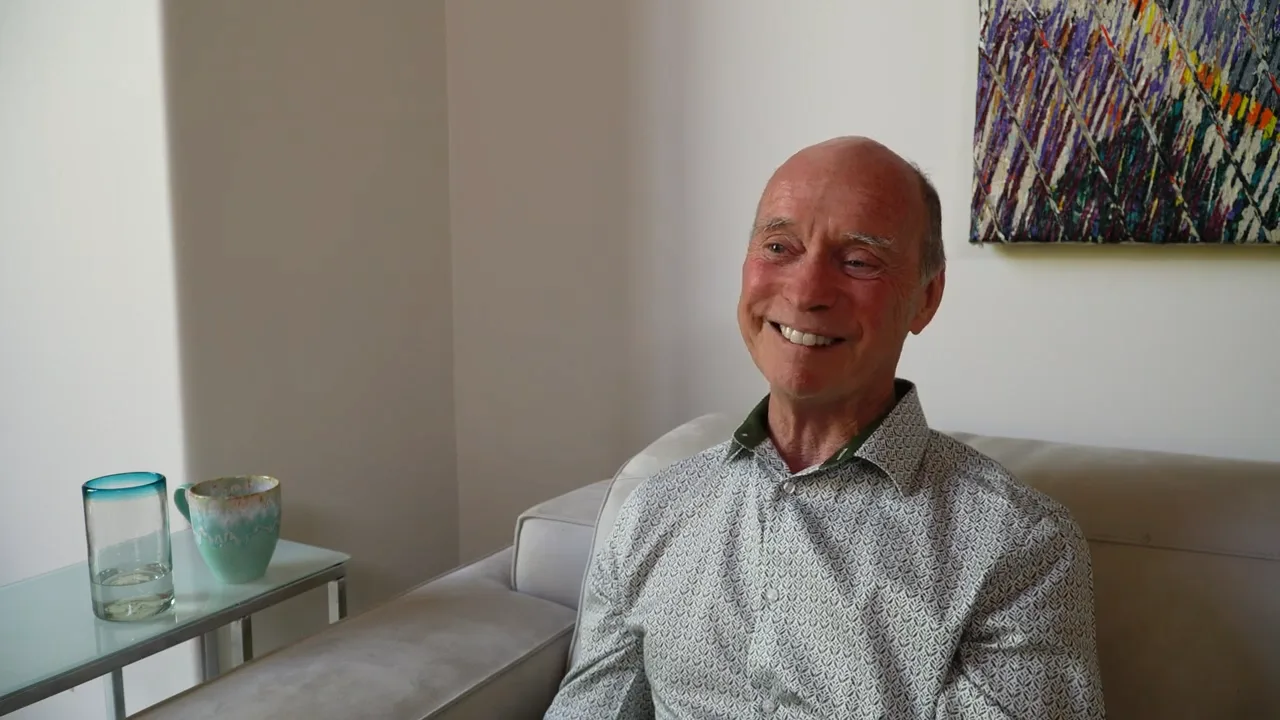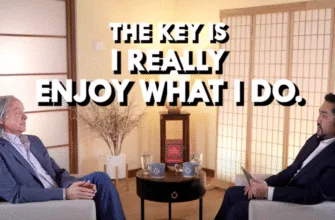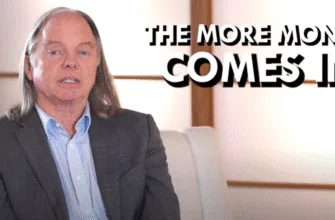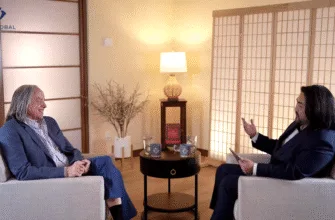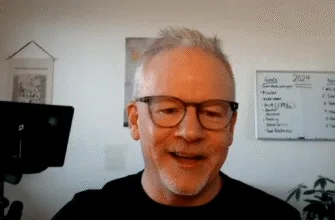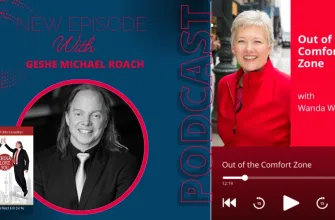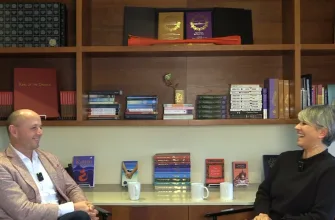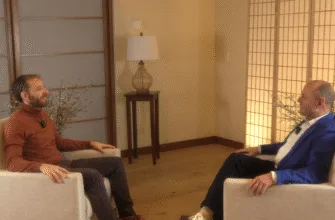📌 This is Part 2 of the interview with John Brady. 👉 Read Part 1 here: John Brady: A Life of Transformation – From Zen to the Legacy of Buddhist Texts
- Diamond Mountain and the Depths of Commitment: John Brady’s Second Chapter
- The Rise of Diamond Mountain
- Diamond Way Teachings
- Three-Year Retreat: A Personal Turning Point
- Key Moments
- What is Diamond Mountain?
- Did John Brady complete the three-year retreat?
- Was there controversy during the retreat?
- Would he do it again?
- Legacy and Reflection
Diamond Mountain and the Depths of Commitment: John Brady’s Second Chapter
In the early 2000s, John Brady had already left behind a successful corporate career to lead the Asian Classics Input Project (ACIP). But a deeper chapter awaited him — one rooted in remote deserts, ancient teachings, and profound personal tests.
The Rise of Diamond Mountain
By 2003, Brady and a small group of committed students helped acquire 1,100 acres of land in southeastern Arizona to create what would become Diamond Mountain — a center for long-term Buddhist retreats and advanced studies. Funded by private donations and a creative program selling 10-acre founder plots, the vision materialized quickly.
“I sold three of them. I bought one. I thought, this will be my place in 10 years.”
(00:50:26)
Diamond Way Teachings
From 2004 to 2010, Brady attended all 18 courses of the Diamond Way cycle, structured teachings based on advanced tantric systems like Guhyasamaja. Over six years, students gathered in Arizona for five-week intensive terms. Brady never missed a session.
“You had everything you’d ever need. You just had to put it to use.”
(01:12:30)
Three-Year Retreat: A Personal Turning Point
Though initially uncertain, Brady entered the three-year retreat in December 2010 at age 62. Supported by his students and friends, he joined 34 other practitioners for one of the most intensive spiritual commitments in modern Buddhism.
“It is not what the perception is… it’s work.”
(01:21:40)
The retreat tested everyone. A wildfire threatened evacuation in the first year. Then, in 2012, tragedy struck with the death of a retreatant. Brady was appointed director by Geshe Michael Roach during this crisis and helped stabilize the community from within.
Key Moments
What is Diamond Mountain?
A retreat center in Arizona created for long-term advanced Buddhist practices.
Did John Brady complete the three-year retreat?
Yes. He entered in 2010 and stayed until the very end.
Was there controversy during the retreat?
Yes, including a tragic death and external criticism, but the inner community remained united.
Would he do it again?
Yes. He said clearly: “I would do it again.”
Legacy and Reflection
Reflecting back, Brady sees his time at Diamond Mountain — especially the retreat years — as one of the most transformative chapters of his life. Despite hardship, controversy, and deep introspection, the experience left him more connected, more certain, and more committed to sharing the Dharma in practical, accessible ways.
To this day, he teaches the courses he studied and continues to lead ACIP — ensuring that ancient wisdom survives and flourishes in the digital age.
